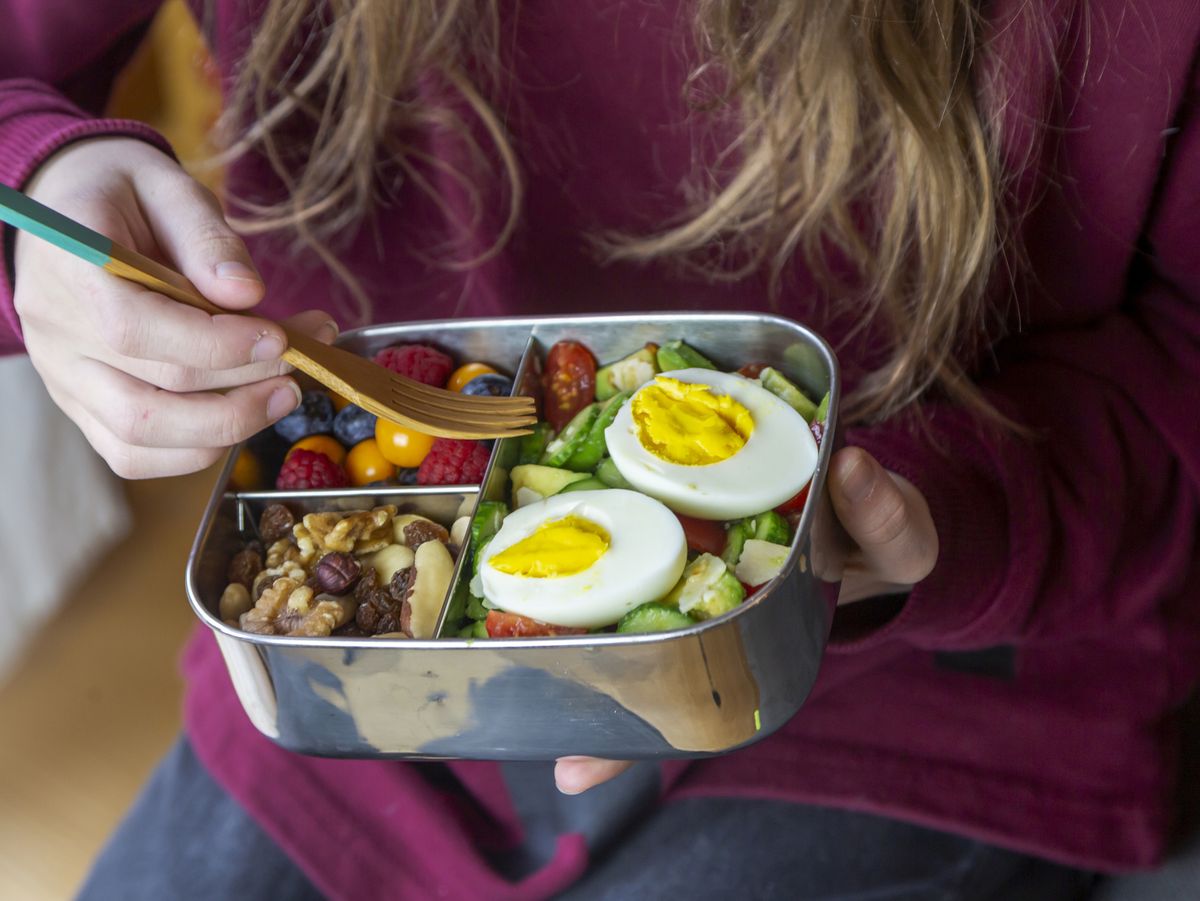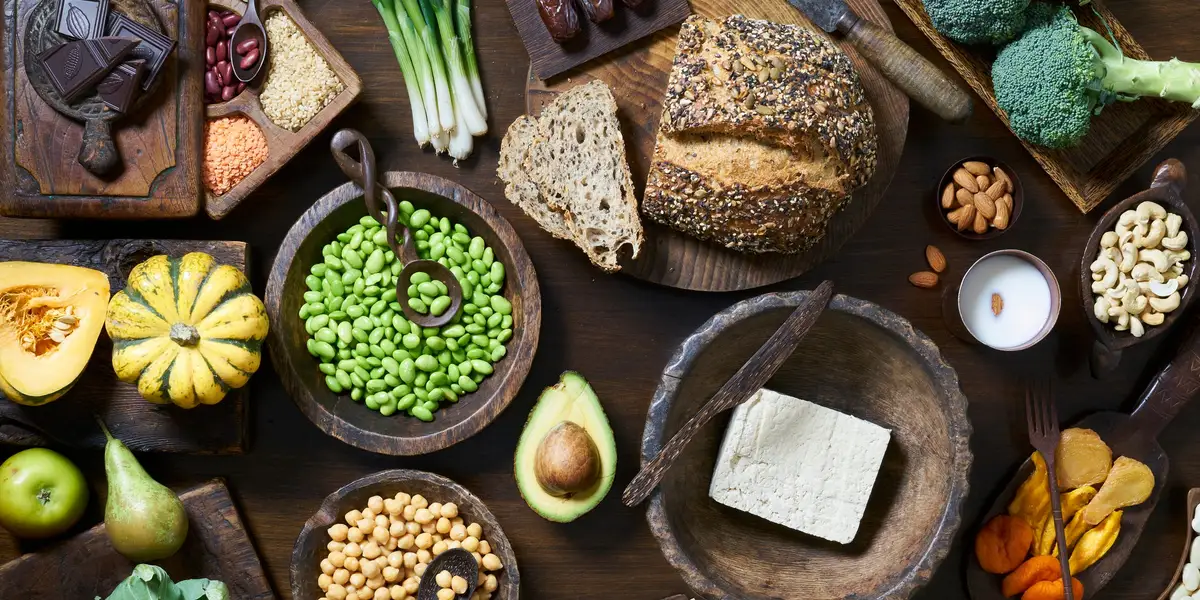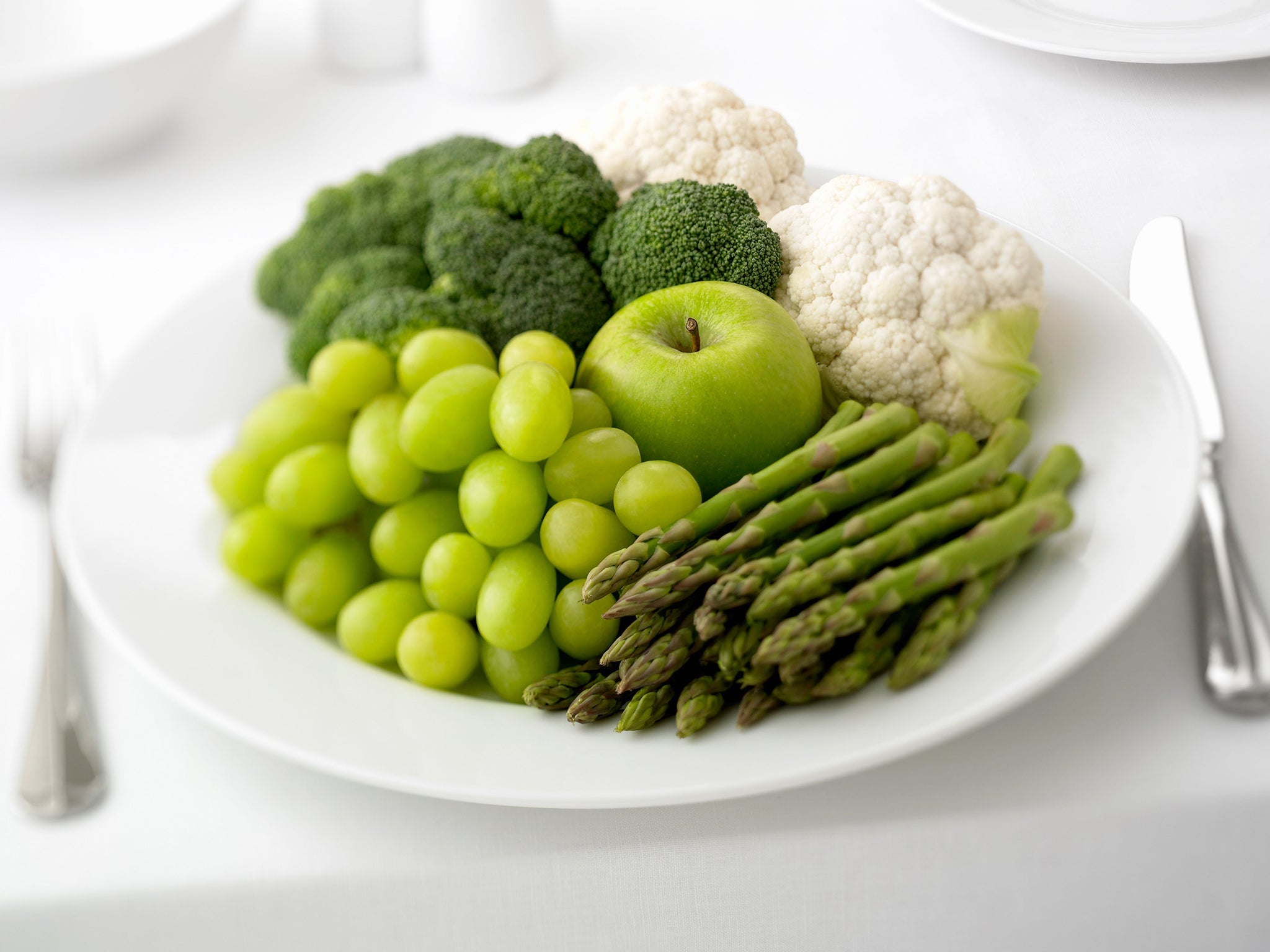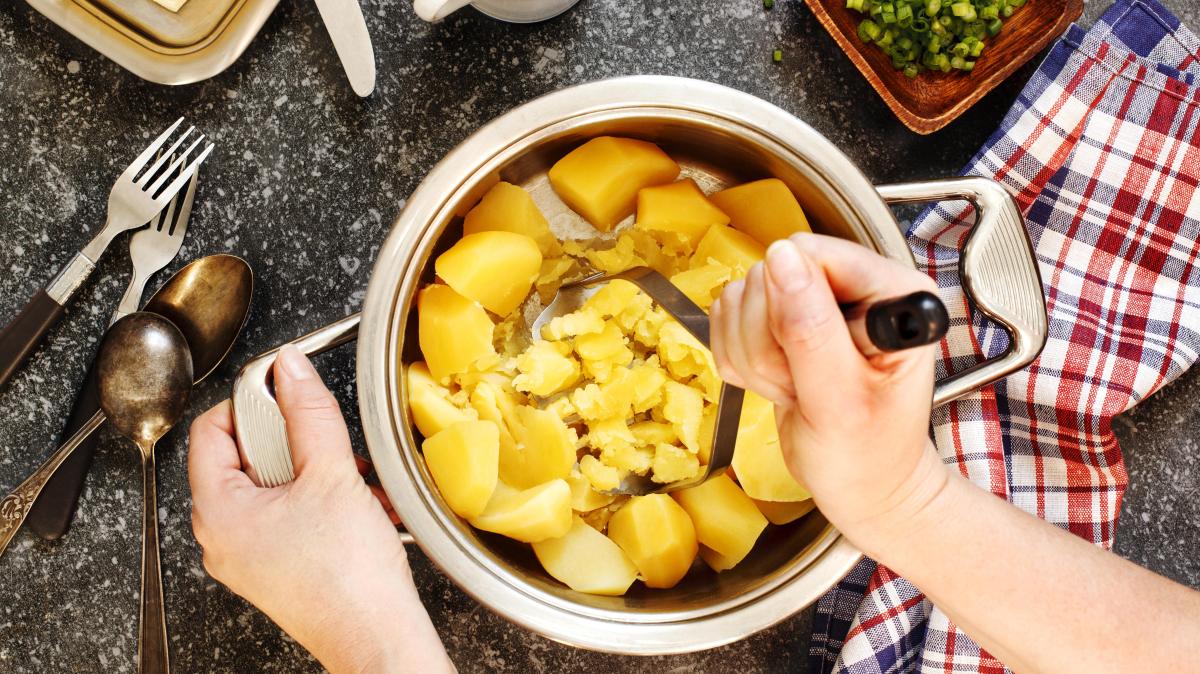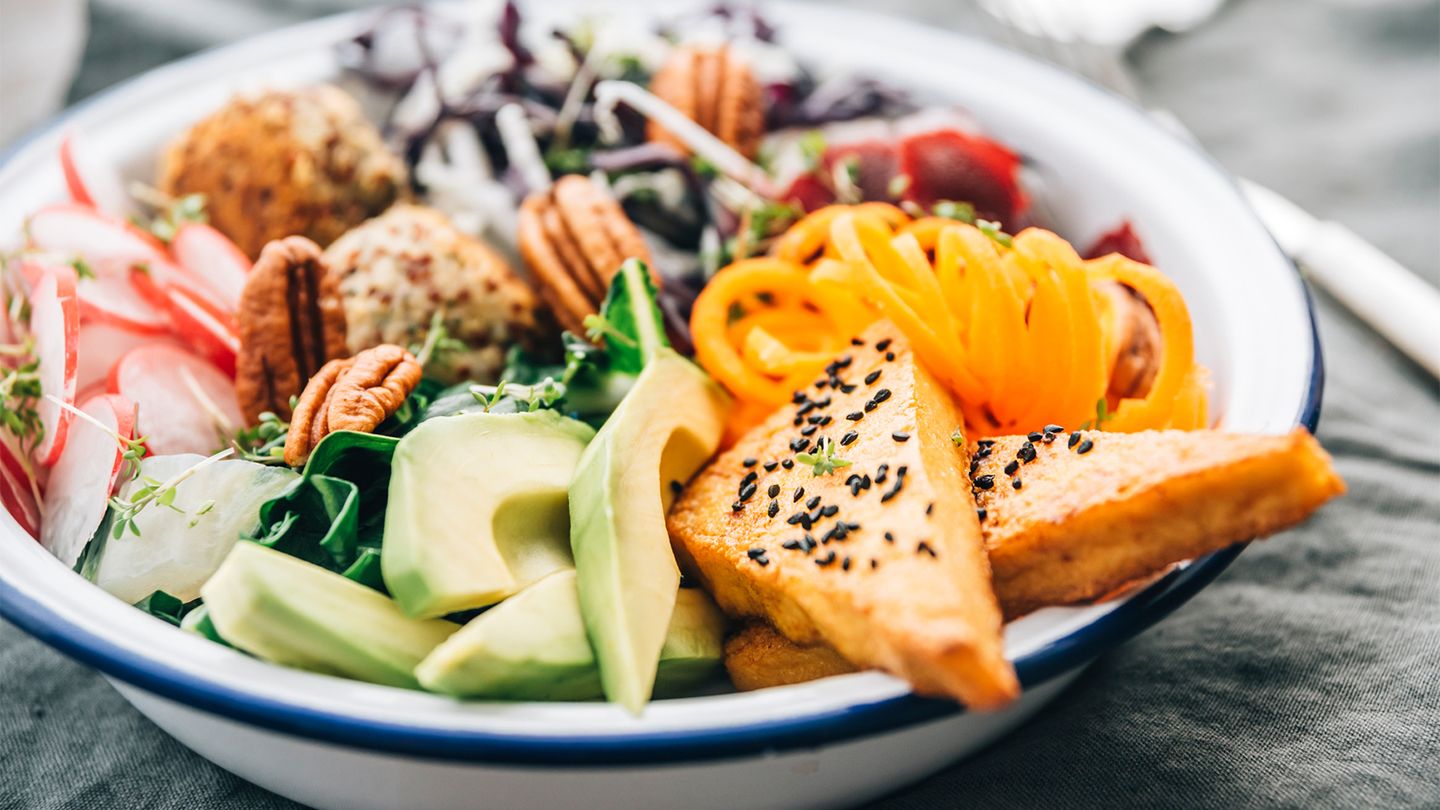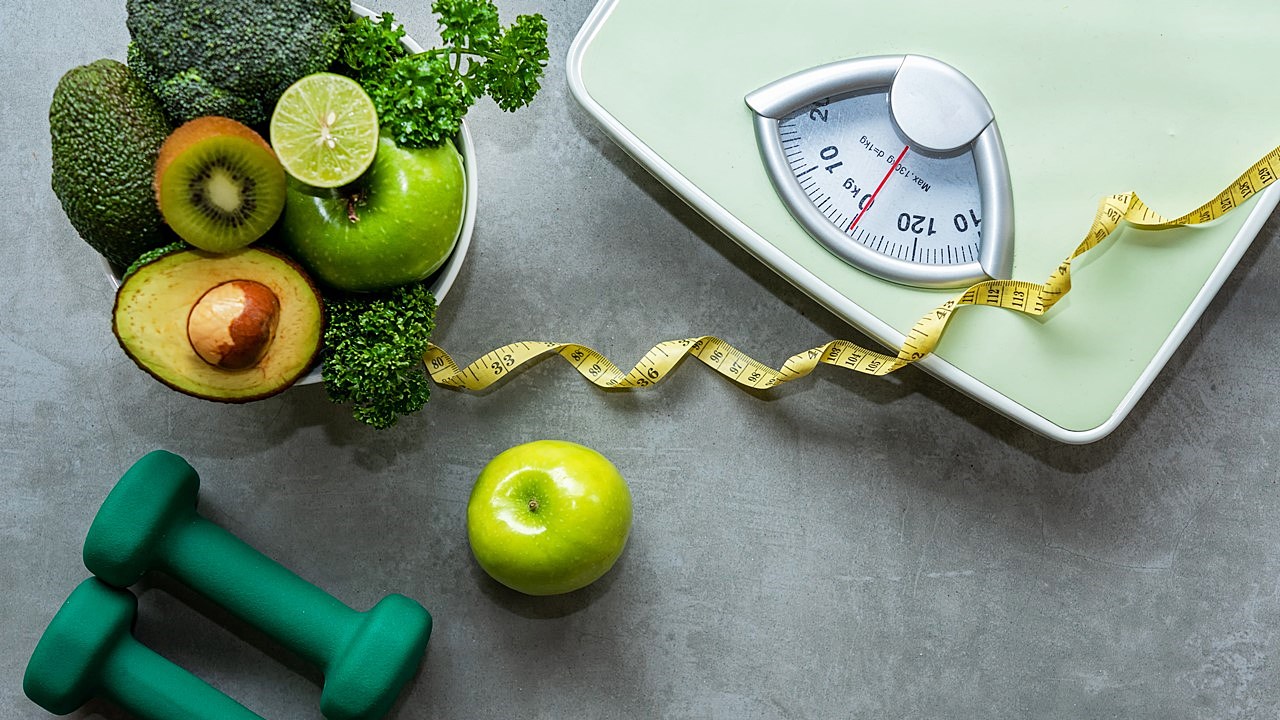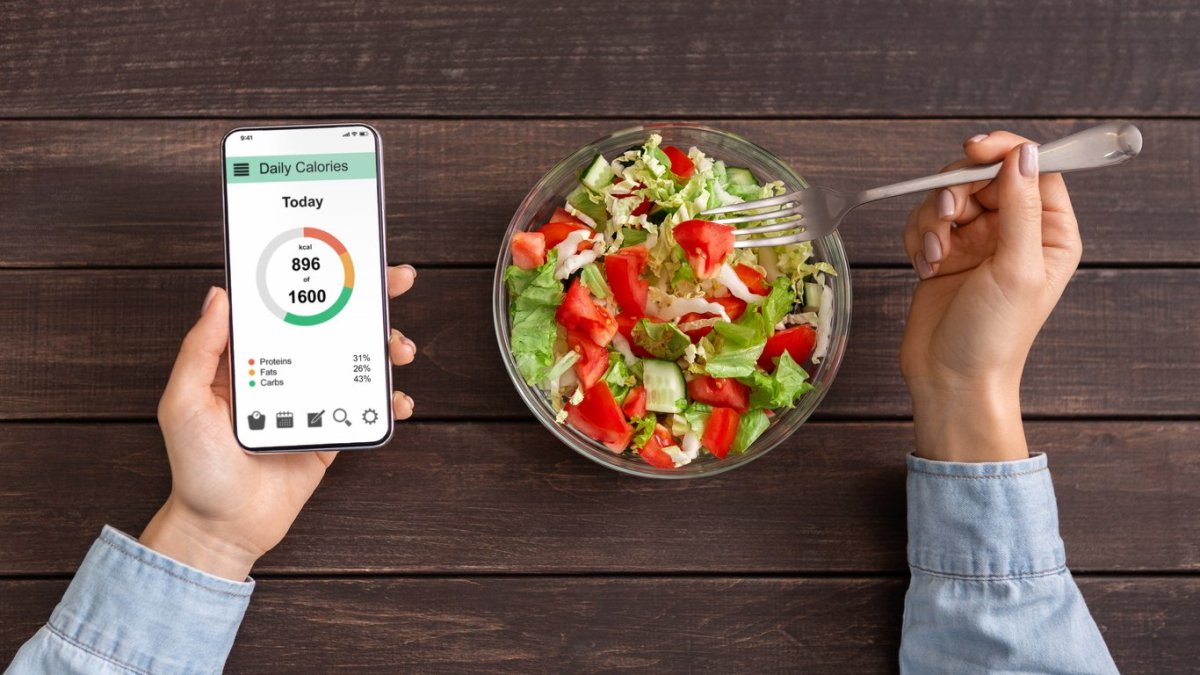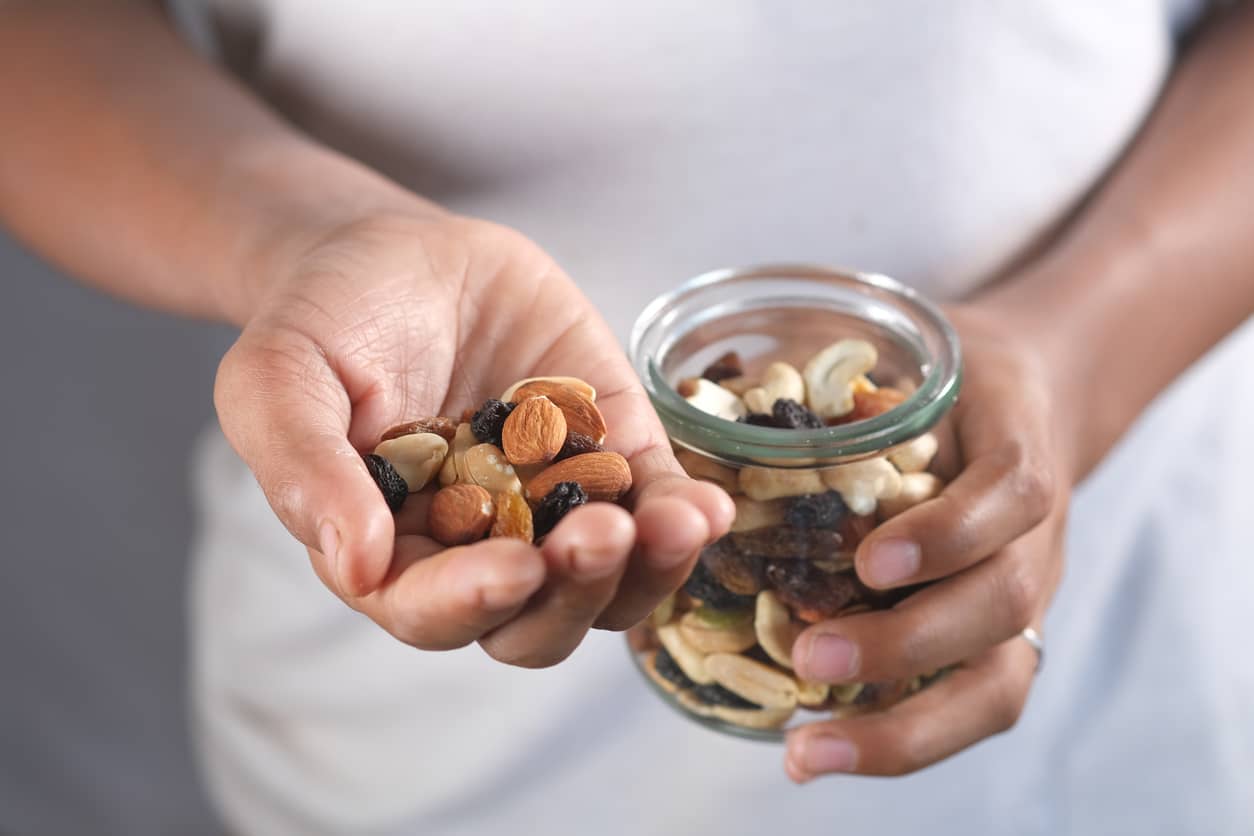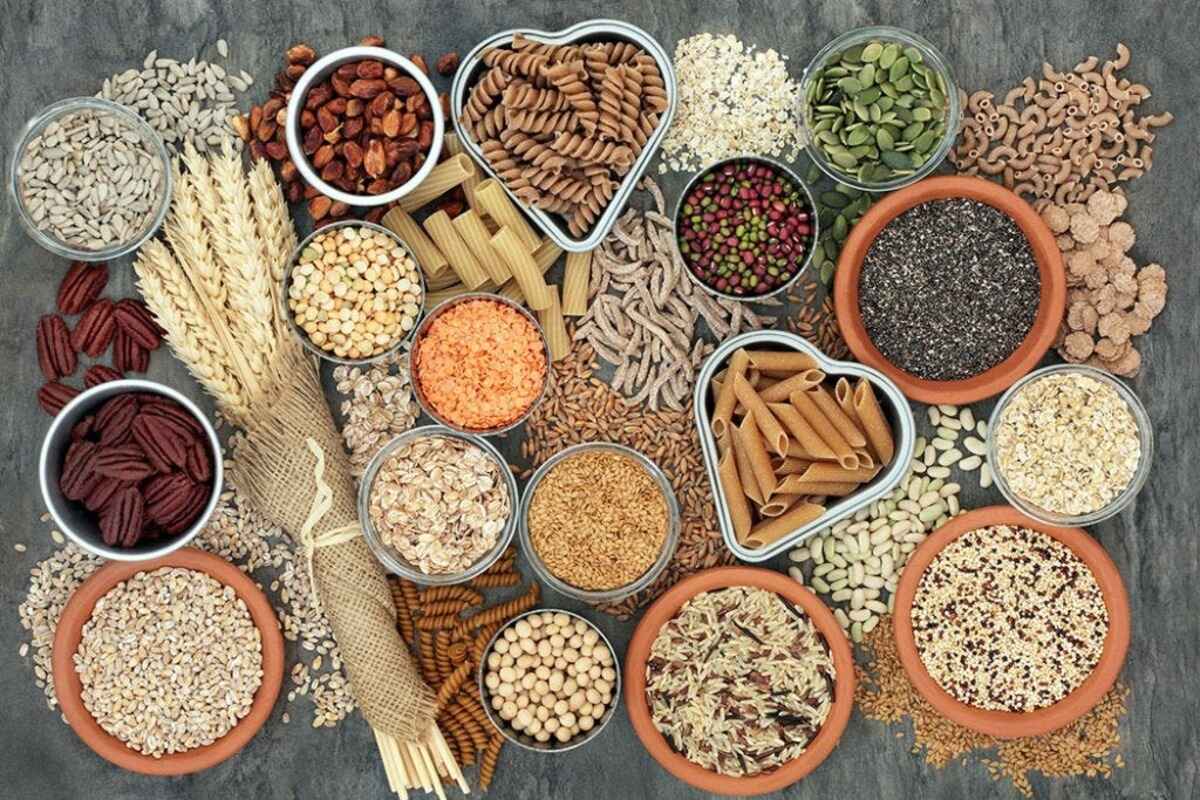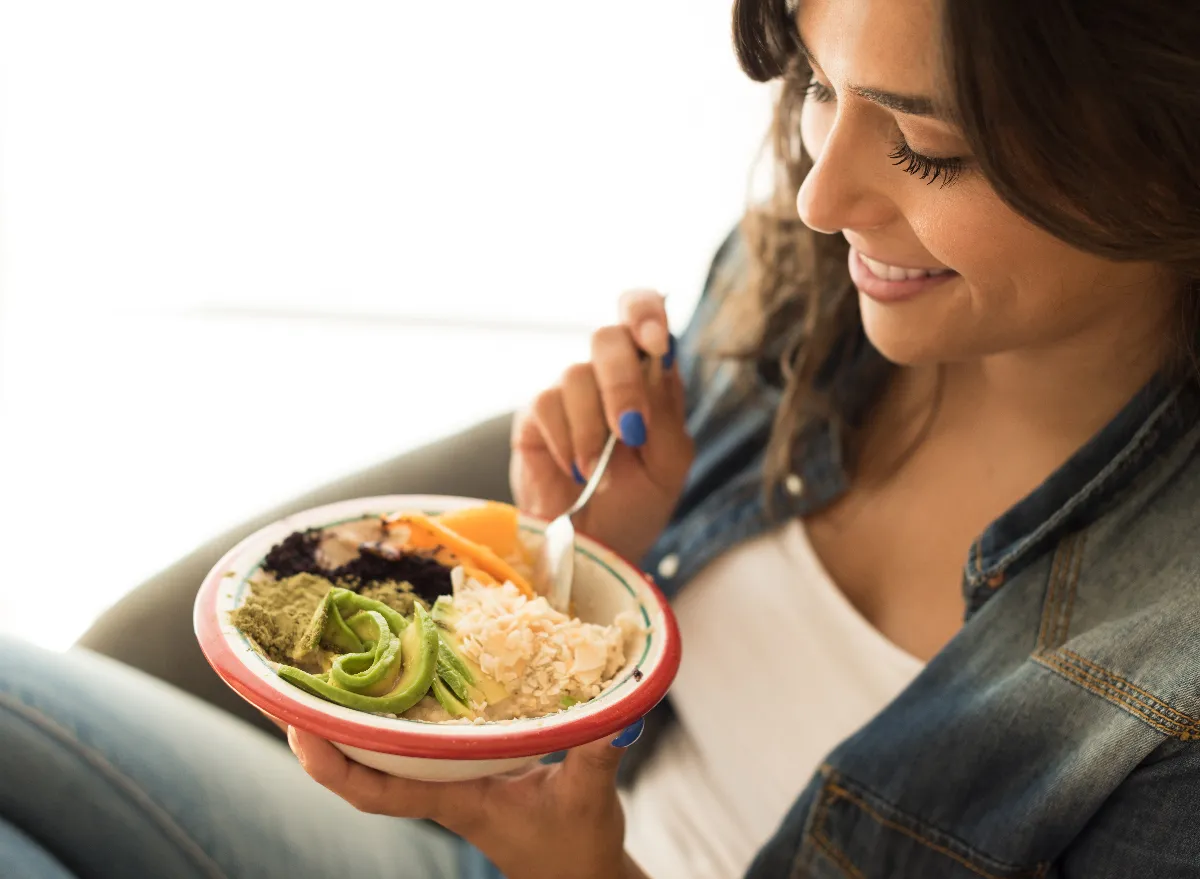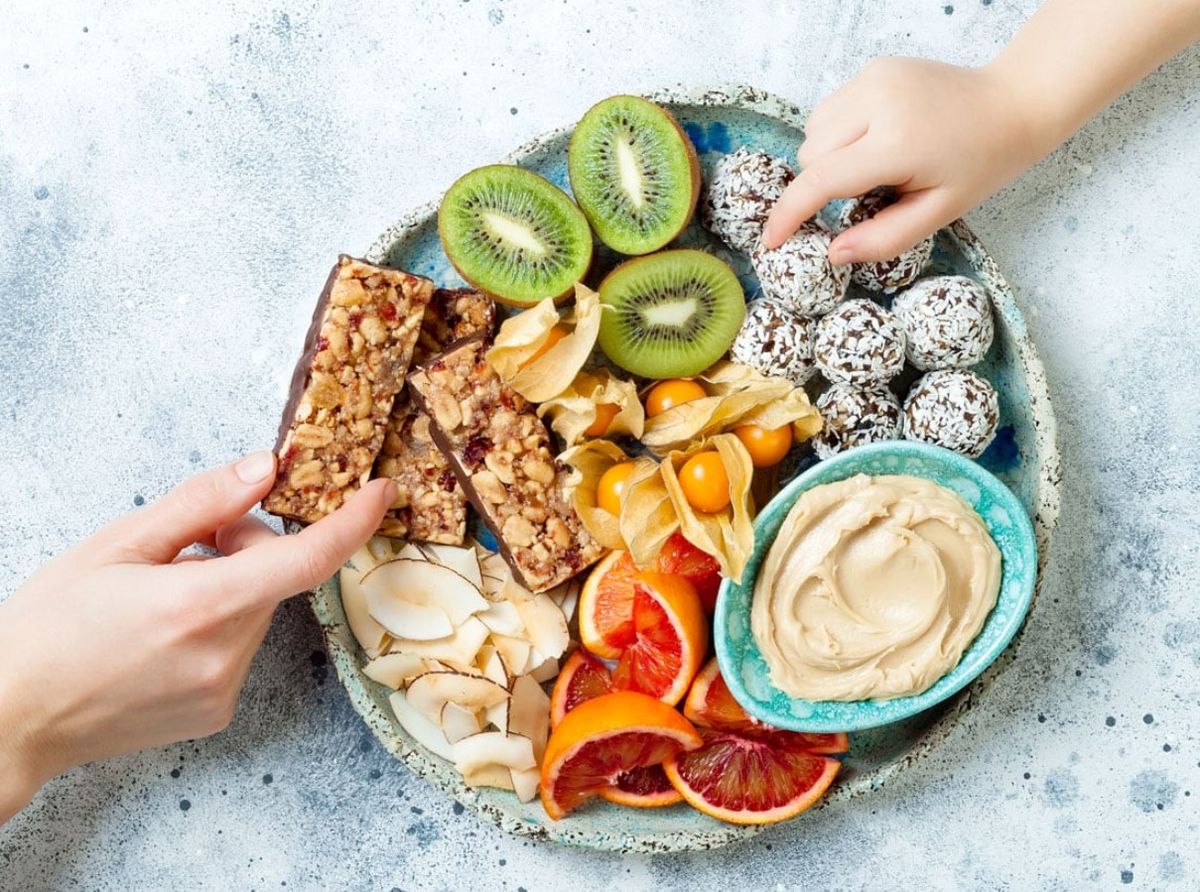How to Eat Healthier and Boost Your Protein Intake
Are you looking to improve your diet and make healthier food choices? One effective way to do so is by focusing on consuming fewer calories while increasing your protein intake. Not only can this help you manage your weight, but it can also support muscle growth and overall health. Here are some simple and practical tips to help you achieve this goal:
Choose Lean Protein Sources
When it comes to boosting your protein intake, it’s important to choose lean sources of protein. Opt for foods such as:
- Skinless poultry
- Lean cuts of beef or pork
- Fish and seafood
- Eggs and egg whites
- Low-fat dairy products
- Legumes such as lentils, chickpeas, and black beans
- Tofu and tempeh
These options are not only rich in protein but also tend to be lower in calories and saturated fats compared to their higher-fat counterparts.
Practice Portion Control
Controlling your portion sizes can make a significant difference in your calorie intake. Be mindful of how much protein you’re consuming at each meal and aim to have a portion that’s about the size of your palm. This can help prevent overeating while ensuring you’re getting an adequate amount of protein to support your nutritional needs.
Include Protein in Every Meal
Make it a point to include a source of protein in every meal and snack. Whether it’s adding a scoop of protein powder to your morning smoothie, incorporating grilled chicken into your salad at lunch, or enjoying a piece of fish with your dinner, spreading your protein intake throughout the day can help keep you feeling satisfied and energized.
Snack on Protein-Rich Foods
When hunger strikes between meals, reach for protein-rich snacks to keep you full and prevent overeating during your next meal. Some great options include:
- Greek yogurt
- Cottage cheese
- String cheese
- Hard-boiled eggs
- Almonds or other nuts
- Edamame
These snacks not only provide a good dose of protein but also offer essential nutrients that can support your overall health.
Limit High-Calorie Additions
Be mindful of high-calorie additions that can sneak into your meals and diminish the calorie-saving benefits of choosing lean protein sources. For example, be cautious with toppings and condiments such as mayonnaise, creamy dressings, and sugary sauces, as they can quickly add extra calories to your meal. Opt for healthier alternatives like mustard, salsa, or vinegar-based dressings to keep your calorie intake in check.
Final Thoughts
By making simple yet strategic changes to your eating habits, you can effectively reduce your calorie intake while increasing your protein consumption. This approach can support your overall health and wellness goals, whether you’re looking to manage your weight or enhance your athletic performance. Remember, small adjustments can lead to significant results, so start incorporating these tips into your daily routine and enjoy the benefits of a protein-rich, lower-calorie diet.
